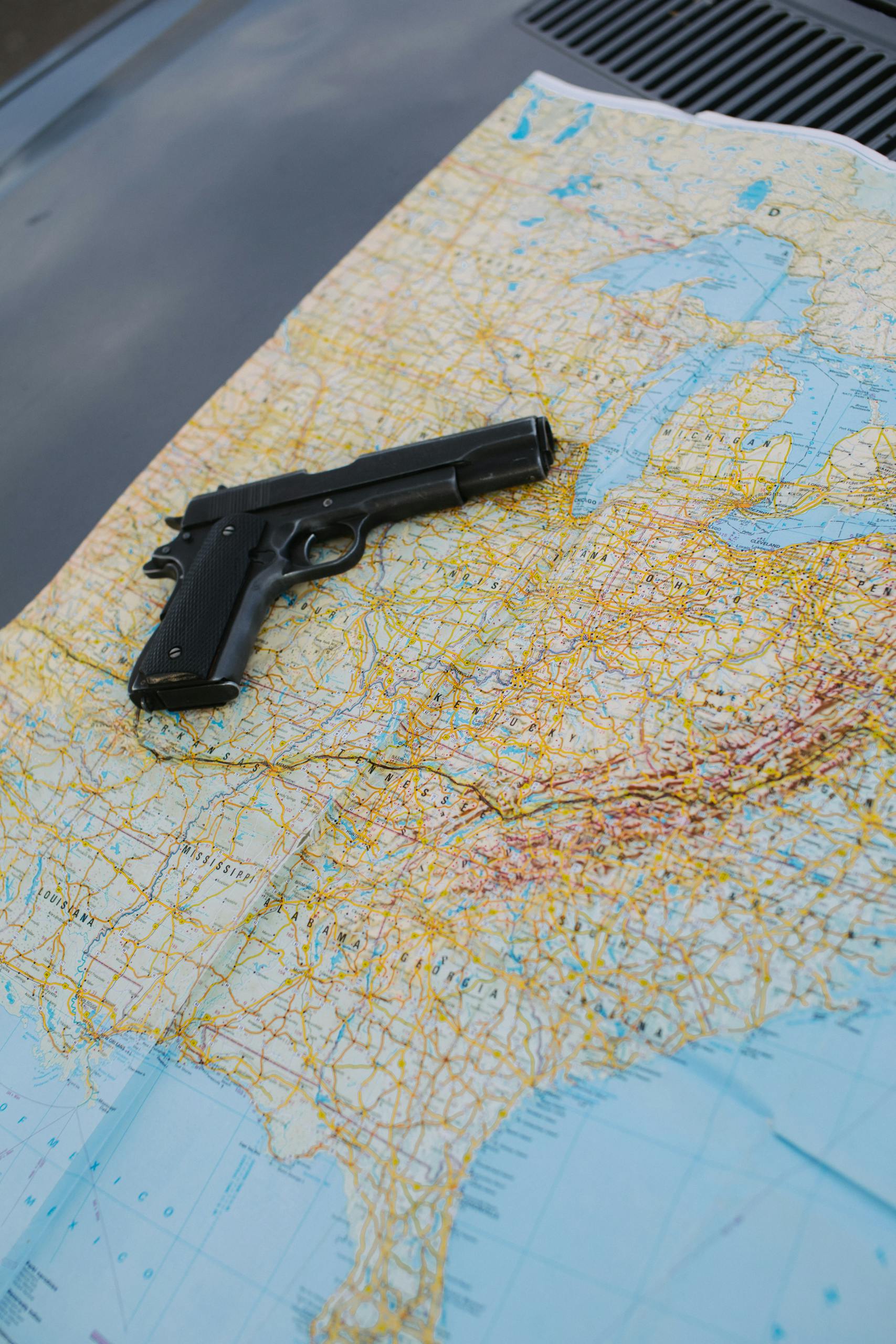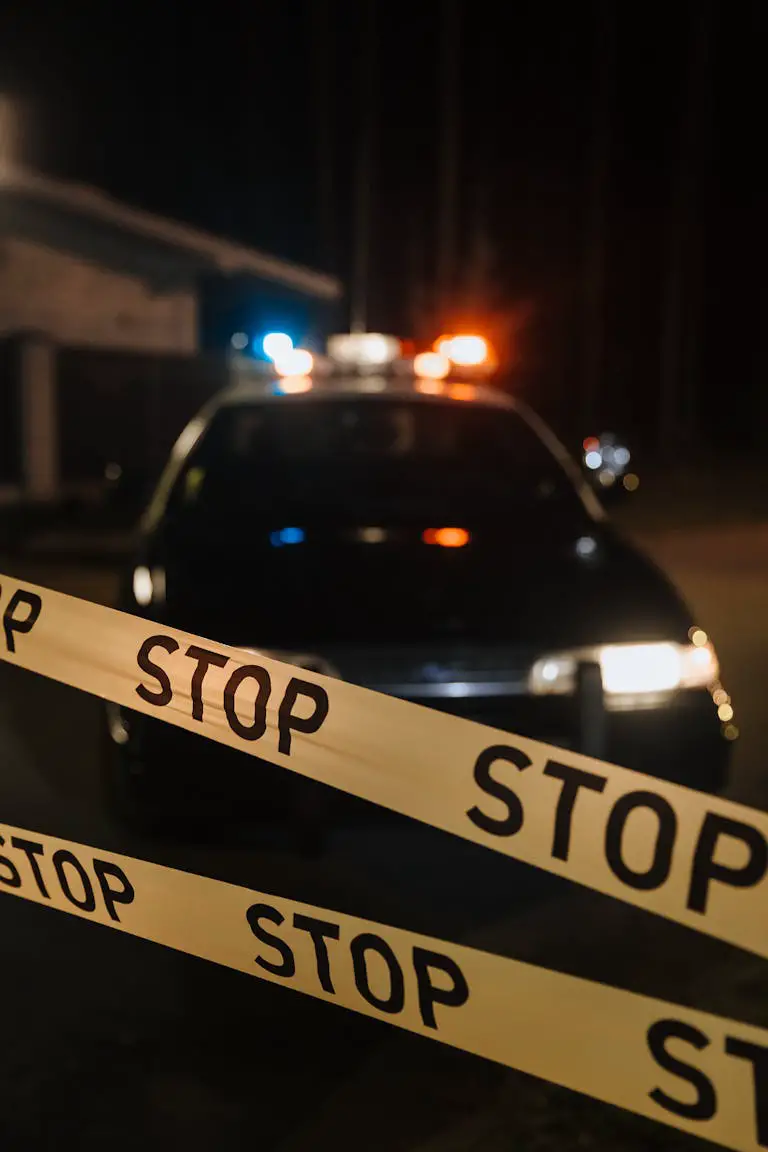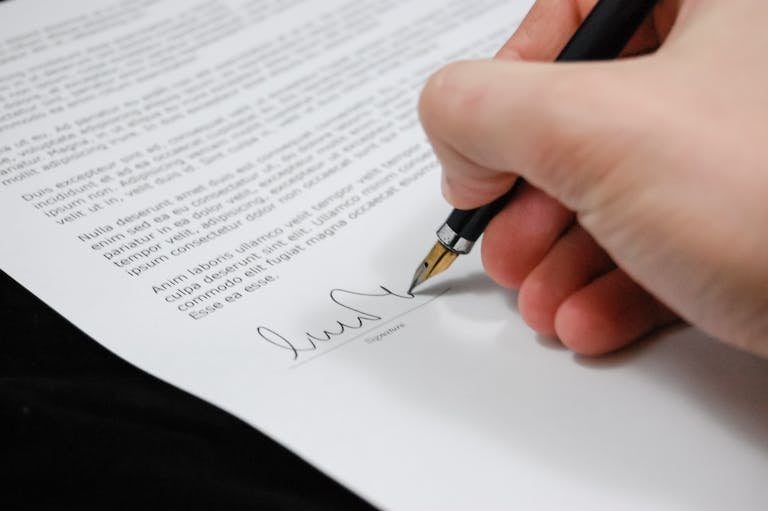Which U.S. States Have Universal Gun Background Checks? A Simple Guide
In the ongoing debate about gun control in America, universal background checks have become a hot topic. But do you know which states have leaped to implement these comprehensive checks? Let’s dive into the world of gun legislation and uncover the patchwork of laws across the United States.
The Big Picture: Gun Background Checks by the Numbers
Before we explore which states have universal background checks, let’s look at some eye-opening statistics:
- 22 states and D.C. have extended background check requirements beyond federal law
- In 2022, the FBI conducted over 31 million gun background checks
- States with universal background check laws have seen a 10% reduction in gun-related deaths
- 97% of Americans support universal background checks for gun purchases
- Only about 60% of gun sales currently require a background check under federal law
Which U.S. States Have Universal Gun Background Checks?
As of 2023, 14 states and the District of Columbia have laws requiring universal background checks for all gun sales, including private sales:
- California
- Colorado
- Connecticut
- Delaware
- Hawaii
- Maryland
- Michigan
- Nevada
- New Jersey
- New Mexico
- New York
- Oregon
- Rhode Island
- Vermont
- Washington (state)
Let’s take a closer look at some key states:
California: The Gold Standard
California has some of the strictest gun laws in the nation. All firearm sales, including private transactions, must go through a licensed dealer who conducts a background check. There’s also a 10-day waiting period. The state maintains its own database of prohibited persons, which is checked in addition to the federal NICS system. California also requires a Firearm Safety Certificate for all gun purchases and limits handgun purchases to one per 30 days.
Texas: Federal Law Only
In contrast, Texas follows federal law, requiring background checks only for sales by licensed dealers. Private sales, including those at gun shows, don’t require a background check. Texas does not have a waiting period for gun purchases and allows for open carry of handguns with a License to Carry (LTC). The state also passed a “constitutional carry” law in 2021, allowing eligible individuals to carry handguns without a permit.
Illinois: A Hybrid Approach
Illinois requires all firearm owners to have a Firearm Owner’s Identification (FOID) card, which involves a background check. While not truly “universal,” this system expands checks beyond federal requirements. Private sales require the seller to verify the buyer’s FOID card and keep records of the transaction. Illinois also has a 72-hour waiting period for all firearm purchases and requires reporting of lost or stolen firearms.
Florida: Battleground for Change
Florida follows federal law but has been a focal point for gun law debates. After the Parkland shooting, the state raised the minimum age to purchase firearms to 21 but did not implement universal background checks. Florida has a three-day waiting period for handgun purchases (with some exceptions) and allows for preemption of local firearm regulations. The state also implemented a “red flag” law in 2018, allowing for temporary removal of firearms from individuals deemed a threat.
New York: Comprehensive Regulations
New York has universal background checks for all firearm sales, including private transactions. The state requires a permit for handgun purchases, which involves a background check and can take several months to obtain. New York also bans assault weapons and large-capacity magazines, has a “red flag” law, and requires safe storage of firearms in homes with children.
Frequently Asked Questions
Q: What’s the difference between universal and expanded background checks? A: Universal checks apply to all gun sales, including private transactions. Expanded checks go beyond federal law but may not cover all sales. For example, universal checks would cover a private sale between individuals at a gun show, while expanded checks might only cover sales at gun shows by licensed dealers.
Q: Do online gun sales require background checks? A: Federal law requires that online sales be shipped to a licensed dealer who then conducts a background check before transferring the firearm to the buyer. This ensures that even though the initial transaction is online, the final transfer complies with background check requirements.
Q: How effective are universal background checks? A: Studies suggest they can reduce gun violence, but effectiveness varies based on implementation and enforcement. Some research indicates that universal background checks can reduce firearm homicides by up to 14.9%, while other studies show more modest effects. The effectiveness can be influenced by factors such as compliance rates, the strength of the overall gun law framework, and interstate firearms trafficking.
Q: Can a person bypass background checks by purchasing a firearm in a different state? A: No, it’s illegal to purchase a firearm in a state where you’re not a resident, except for long guns purchased from a licensed dealer. In such cases, the sale must comply with the laws of both the buyer’s state of residence and the state where the purchase is made. All interstate transfers must go through a licensed dealer in the buyer’s home state, who will conduct a background check.
Q: What disqualifies someone from passing a background check? A: Factors that can disqualify an individual include felony convictions, domestic violence convictions, certain mental health adjudications, dishonorable discharge from the military, illegal drug use, and being subject to certain restraining orders. The exact criteria can vary slightly by state, with some states having additional disqualifying factors.
Understanding the Impact: A Comparative Table
| State | Universal Background Checks | Year Implemented | Includes Private Sales | Waiting Period |
| California | Yes | 1991 | Yes | 10 days |
| Colorado | Yes | 2013 | Yes | None |
| Connecticut | Yes | 1994 | Yes | None |
| Delaware | Yes | 2016 | Yes | None |
| Hawaii | Yes | 1981 | Yes | 14 days |
For a complete list of gun laws by state, check out the Giffords Law Center’s State Gun Law Navigator
Real-Life Scenarios: Navigating Background Check Laws
- The Gun Show Dilemma Bob attends a gun show in Texas. He can buy from a private seller without a background check, but purchases from licensed dealers still require one.
- Moving Across State Lines Sarah moves from California to Arizona with her firearms. She doesn’t need to undergo new background checks in Arizona but should familiarize herself with different carry and storage laws.
- The Family Heirloom In New York, even if you inherit a firearm from a family member, you must go through a licensed dealer for a background check before taking possession.
- Online Purchase Confusion Tom buys a rifle online while living in Oregon. The seller must ship it to a local licensed dealer, who will conduct a background check before Tom can take the rifle home.
- The Out-of-State Purchase Linda, a Florida resident, tries to buy a handgun while visiting relatives in Georgia. She learns she can’t purchase a handgun outside her home state and must have it shipped to a dealer in Florida for the transaction.
- The Waiting Game Mike purchases a handgun in Illinois. Despite passing the background check immediately, he must wait 72 hours before he can take possession of the firearm.
- The Private Sale Dilemma In Colorado, Jack wants to sell his old rifle to his neighbor. They must meet at a licensed dealer who will conduct a background check on the neighbor before the sale can proceed.
- The Permit-to-Purchase Process Emily applies for a handgun purchase permit in New Jersey. She undergoes a background check and must wait several weeks for approval before she can buy a handgun.
- The Gun Range Loophole David rents a firearm at a shooting range in Virginia. He’s surprised to learn that no background check is required for on-premises rentals, even though he’d need one to purchase the same gun.
- The Antique Firearm Exception Rachel inherits her great-grandfather’s antique rifle made before 1898. She learns that in most states, including her home state of Kentucky, antique firearms are not subject to the same background check requirements as modern firearms.
Conclusion: Navigating the Complex Landscape of Gun Background Checks
As we’ve explored, the answer to “Which U.S. States Have Universal Gun Background Checks?” is not a simple one. The landscape of gun laws in the United States is a complex patchwork, with each state taking its own approach to background checks and firearm regulations.
While 21 states and Washington D.C. have extended background check requirements beyond federal law, only 14 states have truly universal background checks covering all firearm sales. The remaining states follow either expanded background check laws or adhere to federal requirements, which mandate checks only for sales by licensed dealers.
This variability in state laws creates a challenging environment for gun owners, particularly those who travel or move between states. It also presents ongoing debates about the effectiveness of different approaches in reducing gun violence and protecting Second Amendment rights.
As gun laws continue to evolve, staying informed about your state’s requirements is crucial. Whether you’re a gun owner, considering a purchase, or simply interested in gun policy, understanding background check laws is an important part of being an informed citizen.
Remember, while this article provides a small overview, gun laws are complex and subject to change. Always consult official state resources or a qualified attorney for the most up-to-date and accurate information about gun laws in your area.
The debate over universal background checks and their effectiveness in preventing gun violence continues to be a significant issue in American politics and public safety discussions. As research evolves and new legislation is proposed and enacted, the landscape of gun background checks will likely continue to change.
Ultimately, the goal of background check laws is to balance public safety with individual rights – a balance that each state, and indeed the nation as a whole, continues to grapple with in the ongoing dialogue about gun regulation in America.







